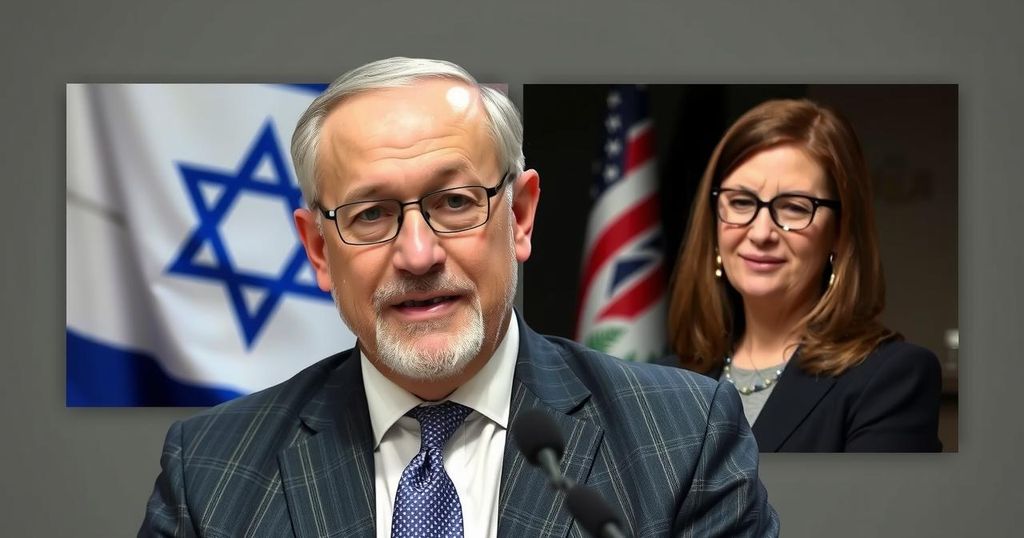Reframing Israeli-Syrian Relations: A Call for Peace and Strategic Outreach

Hazem Alghabra, ex-US State Department adviser, advocates for Israel to send a peace message to Syria rather than alienating it, as discussed at a recent JCFA meeting. He notes Israel’s emergence as a regional superpower amid changing dynamics and suggests that diplomatic outreach could distance Syrians from extremist ideologies. The dialogue underscored the importance of strategic communication to foster collaboration and peace in the region.
In a recent discussion hosted by The Jerusalem Center for Security and Foreign Affairs, Hazem Alghabra, a former senior advisor at the US State Department, emphasized that Israel should communicate a message of peace to Syria rather than fostering alienation. He argued that this approach could distance the Syrian populace from extremist ideologies. Alghabra noted that Israel has emerged as the dominant regional power following changes in the Middle East dynamics, particularly after the October 7 attacks. He cautioned that labeling groups like Hayat Tahrir Al-Sham only as terrorist factions may close off communication and opportunities with potential new leaders in Syria.
Alghabra suggested that instead of focusing solely on the actions of existing Syrian leaders, Israel should contemplate its goals and how to express them. He highlighted the importance of a “victor’s peace”, drawing parallels with US history after the Civil War, where the victorious North sought to rebuild rather than destroy. He underscored that conveying a message of peace from a position of strength does not equate to legitimizing extremist ideologies but rather opens pathways for collaboration and peacebuilding.
Other contributors to the dialogue included Dan Diker and Brig.-Gen. (res.) Yossi Kuperwasser, who reinforced the notion of Israel’s emerging strength in the region. They delineated the importance of recognizing the complexity of Syria’s situation, particularly amidst changing leadership dynamics that involve former extremist elements. The conversation highlighted a potential shift in Israeli-Syrian relations and the broader implications for regional stability. The discussion concluded with the assertion that Israel has a unique opportunity to redefine its role and approach in the Middle East, fostering peace through strategic communication with Syria.
The discussion focused on the evolving geopolitical landscape in the Middle East following years of conflict and instability. The prominence of Israel as a regional superpower emerged as a key theme, particularly in the context of shifting dynamics within Syria. The dialogue centered on how Israel could leverage its position to foster peace, especially with new Syrian leadership that may emerge post-Assad regime. The tension between establishing diplomatic relations and acknowledging extremist factions significantly influenced the discussion.
In conclusion, the roundtable discussion highlighted that Israel possesses a vital opportunity to reshape its diplomatic relations with Syria. By extending a message of peace from its position of strength and re-evaluating its approach towards leadership in Syria, Israel could not only enhance its standing but also contribute positively to regional stability. The emphasis on nuanced communication with emerging Syrian influences reflects a strategic shift that could favor long-term peace efforts.
Original Source: www.jpost.com








